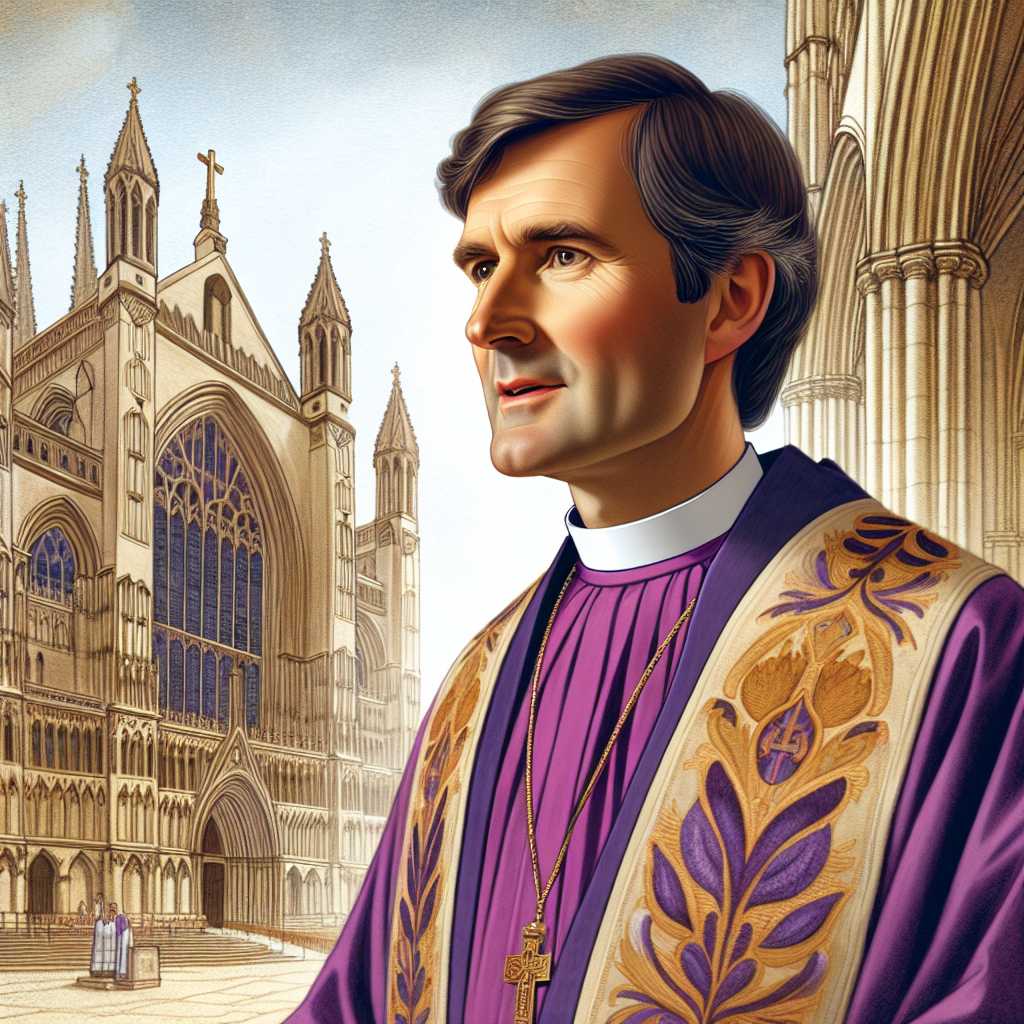Understanding The Role and Significance of Bishop Mariann Edgar Budde in the Episcopal Church
Bishop Mariann Edgar Budde has been a figure of considerable significance within the Episcopal Church. As the first woman to hold the position of Bishop of the Episcopal Diocese of Washington, her leadership and influence extend beyond her diocese to the national stage and within the broader Episcopal community. This article will explore her career, contributions to the church and society, and her role in shaping religious dialogue within the context of contemporary issues.
Early Life and Ministry
Mariann Edgar Budde grew up in Nebraska and initially pursued a career outside the clergy. She earned a Bachelor of Arts from the University of Rochester in New York and later graduated from Yale Divinity School with a Master of Divinity degree in 1985. Budde later completed her Doctor of Ministry at Virginia Theological Seminary.
Rising through the Ranks to Episcopal Leadership
Her early ministry roles were within local parishes, where she honed her skills as a pastor and community leader. Budde served churches in Minnesota where she developed a reputation for effective leadership, pastoral care, community outreach, and preaching. This experience laid a strong foundation for her future roles within the hierarchy of the Episcopal Church.
Bishop of Washington
*
In November 2011, Mariann Edgar Budde was consecrated as the Ninth Bishop of the Episcopal Diocese of Washington. As bishop, she manages numerous parishes, schools, and other institutions within the diocese, which encompasses the District of Columbia and several counties in Maryland. In this role, she is both a spiritual guide and administrative leader responsible for implementing church programs, addressing issues pertaining to congregations, and being an influential voice on social justice matters.
Advocacy and Social Justice Involvement
Budde has not shied away from engaging in social justice topics relevant to society at large. From her advocacy on gun violence prevention, immigration reform, racial equality, LGBTQ+ inclusion in churches, climate change, to support for refugees and homeless populations, her voice has demonstrated an intersection between faith and public policy.
As a result of her willingness to engage publicly on such topics, she has been invited to share her perspectives with lawmakers, at conferences, and through various forms of media. Importantly, her engagement always centers around how these issues impact human lives and are relevant to the Christian calling to love and serve one’s neighbor.
Interfaith Leadership and Community Engagement
Budde’s tenure has been marked by a commitment to interfaith dialogue and cooperation. She understands that strengthening community ties across different faiths is essential for promoting peace and mutual understanding. Throughout her time as bishop, she has joined hands with leaders from various religious groups on numerous occasions to stand firm against hatred and bigotry while working towards common goals for the welfare of all communities.
Personal Legacy: A Voice of Progressivism and Reconciliation
Mariann Edgar Budde’s personal theology might be best described as progressive Christianity with a deep commitment to inclusivity and the application of Christian values to facilitate healing and reconciliation in modern society. By interpreting age-old doctrines through the lens of contemporary understanding, responsiveness, and compassion, she encourages the ongoing evolution of Christianity in ways that respect tradition yet respond flexibly to current human realities.
Budde’s leadership showcases one that is willing to take strong stands on contemporary issues while balancing therein reverence for Episcopal tradition and liturgy, making her a bridge between different generations within her church.
Notes
Image Description
The image depicts Bishop Mariann Edgar Budde dressed in traditional Episcopal vestments featuring a purple clerical shirt symbolizing her role as bishop. She is seen standing in front of Washington National Cathedral or another significant location related to her ministry, radiating approachability yet poised with decisiveness that marks her leadership style. She may be captured speaking before an audience or engaging directly with community members.
tQmnx

